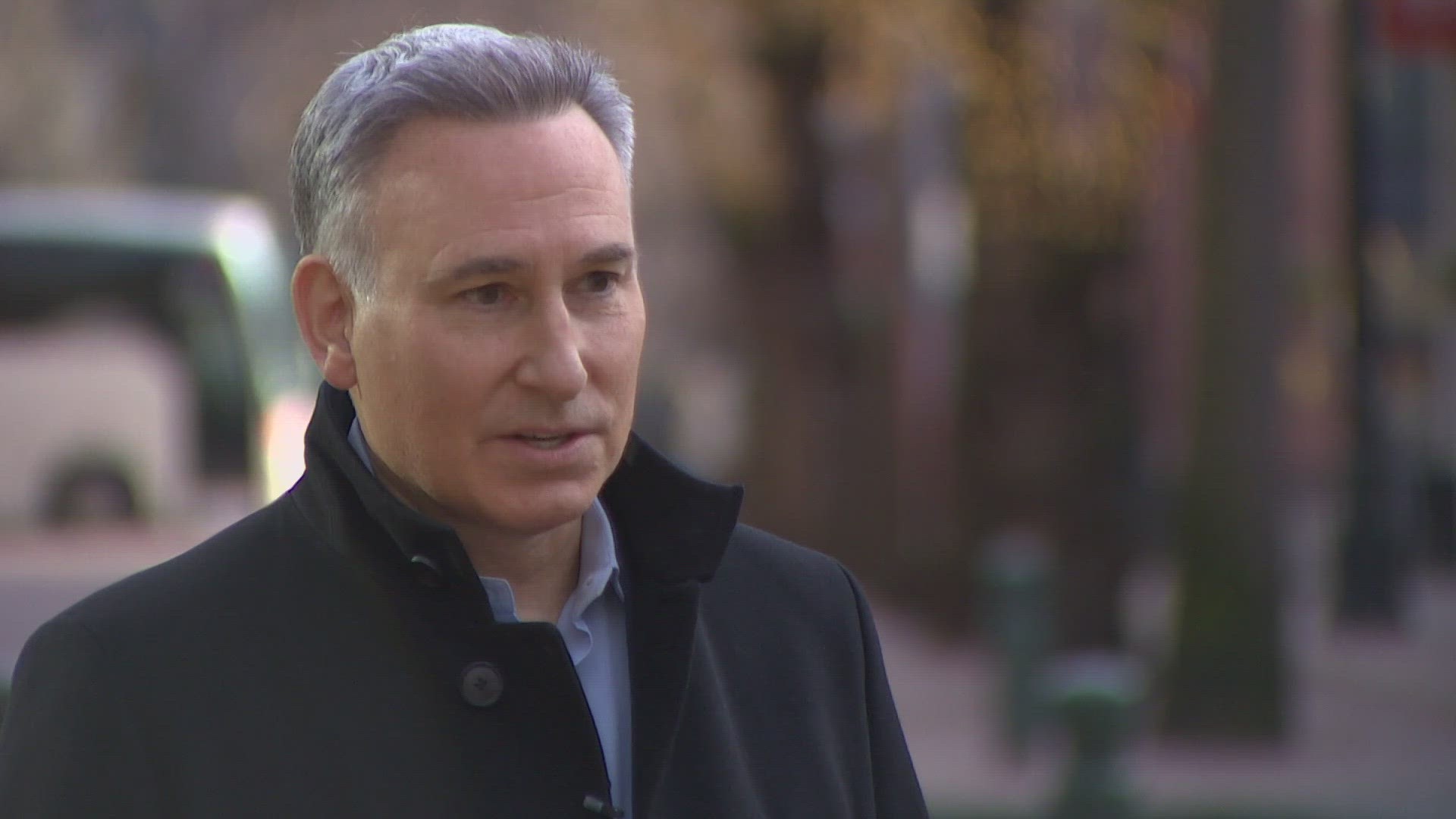SEATTLE — Imagine a walk-in urgent care clinic catered specifically to people suffering a mental health crisis. It's an idea Seattle City Council is urging people to vote “yes” in the April 25 special election.
If King County voters pass the Crisis Care Centers Levy, it would mean more yearly costs out of homeowners’ pockets, at a time of high inflation. Regardless, County Executive Dow Constantine said the investment would be well worth it.
"As a society, we have failed to provide this necessary service, and it is as necessary as firefighting, and policing, and all the other things," Constantine said. "We need a place where people themselves can go in a time of crisis, or police themselves can pick someone else up and drop them off."
Constantine pointed out how police officers and other first responders often go out on calls to people who are in mental or behavioral health crises. But sometimes those officers are left with a tough choice: where do they take them if they need help or stabilization? An emergency room? A jail?
"All of our hospitals are terribly overburdened right now," Constantine said. “If the person is committing a crime, they can choose to take them to jail. Jail is a terrible place for a person in a behavioral health crisis, and they won't stay there very long.”
Residential beds are dwindling, and the behavioral health department estimates that those in a crisis currently would have to wait, on average, 44 days until they can get help.
"That is often too late," Constantine said.
The levy on the April 25 ballot would create a network of five crisis care centers, including one exclusively for youth.
There is currently one crisis center in King County, but patients have to be brought either by the police or transferred from a hospital.
Constantine said the crisis centers would accept walk-ins.
"There's the immediate 23-hour assessment, and stabilization, and then an up-to-two-weeks stay to begin to get you on track," Constantine said.
If passed, it would cost King County property owners 14.5 cents per $1,000 dollars of assessed value. Based on the median home value in King County, $694,000, the tax would come to $121 per year.
KING 5 met up with Paul Getzel, executive director of the National Alliance on Mental Illness Seattle. The agency is not unaffiliated with King County.
"What we’re really excited about in the mental health field is to make services available at the time that they’re needed," Getzel said. "Not only does that reduce the time that somebody is suffering, but it can reduce the severity, and could also just sort of identify those needs and get those met as soon as possible.”
Constantine said the crisis center would have the ability to administer medication and connect people to long-term assistance through local nonprofits and other resources.
There would be a center built in the north, south, east and west parts of the county, Constantine said.
The levy aims to increase the number of residential treatment beds.
The $1.25 billion proposal would be paid out over nine years, between 2024-2032.
The King County Council previously voted unanimously, 9-0, to approve the levy for a public vote.

